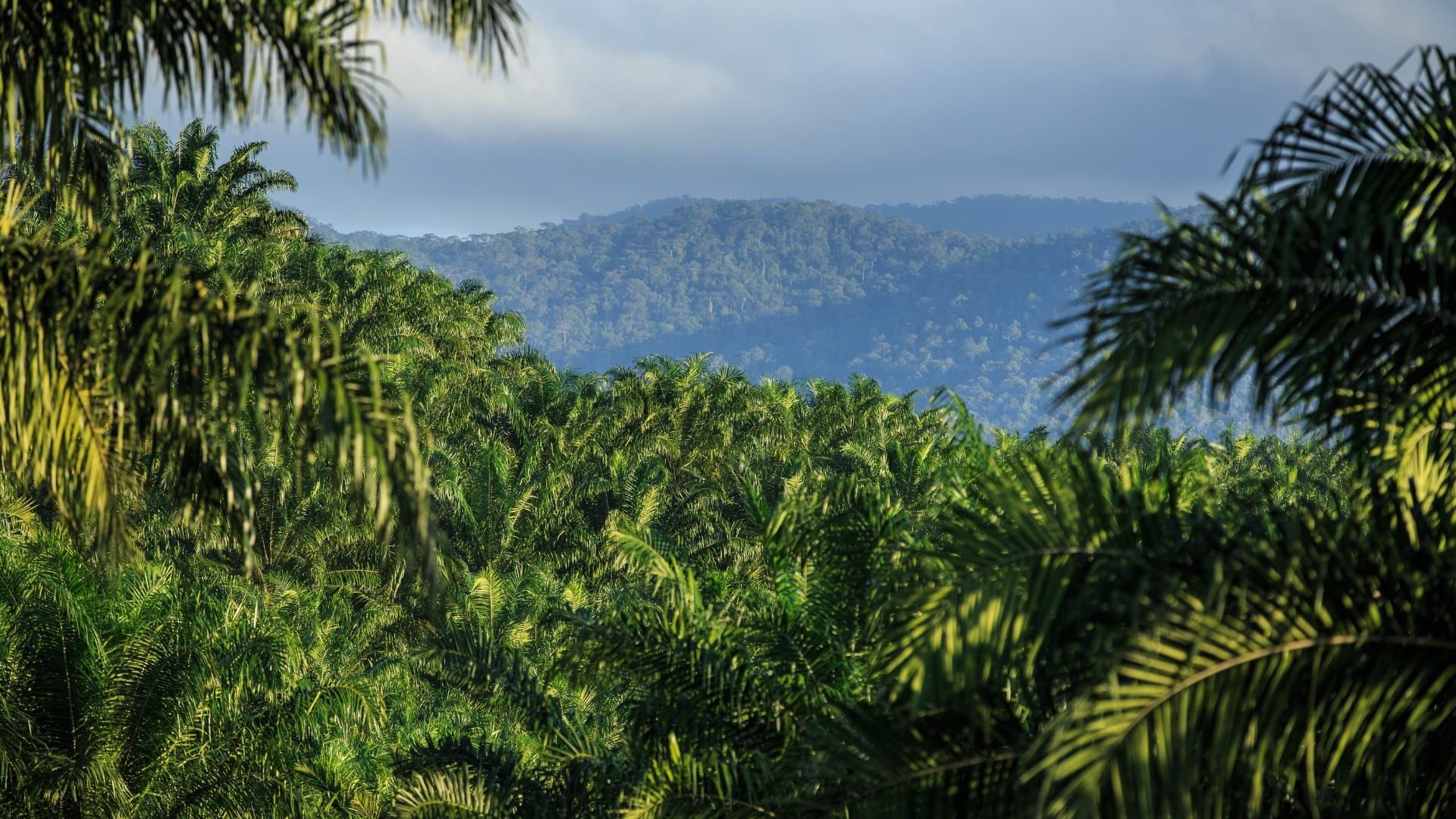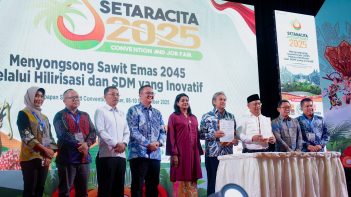Smallholders and their livelihoods remain at the forefront of the Roundtable on Sustainable Palm Oil (RSPO) mission to establish a more inclusive supply chain for sustainable palm oil. In a feature story published by the European Tropical Forest Research Network, RSPO outlines the organisation’s approach to enable smallholders to join RSPO, zooming in on Latin America.
Top priority for RSPO
Helping smallholders adopt responsible cultivation practices can significantly reduce the negative impacts of palm oil cultivation on the environment. In Asia alone, around 4.5 million smallholders rely on oil palm cultivation for a significant part of their incomes, but they tend to suffer from lower yields and other challenges. RSPO-certified smallholders benefit from increased yields and greater access to international markets, which highlights why supporting these farmers to transition towards sustainable production is a top priority for RSPO.
Fastest growth in Latin America
The feature presents case studies and reflections on lessons learned by RSPO regarding smallholder inclusiveness, drawing on multiple case studies throughout Latin America. With the fastest growth in terms of newly certified hectares when compared to global regions, it is an exciting time for Latin American RSPO members, as the region approaches the milestone of producing one million tonnes of certified sustainable palm oil products, with the volume of certified palm oil having tripled over the last three years.
This story is featured in ETFRN News 59 – Exploring inclusive oil palm production. This will contain 20 papers with interviews, presenting examples of innovative and inclusive palm oil production systems. It will assess what has not worked, but importantly, it will analyse what positive practices and policies have worked for more inclusive palm oil production and why, as we strive towards more collective and sustainable solutions to this apparently intractable problem.
Keep reading
RSPO accepted in the Netherlands as a private control system for EUDR

RSPO x JaSPON Conference and Member Engagement Forum 2025 Spotlights Japan’s Sustainability Success and Market Growth
Call for Expression of Interest: Independent Investigation of a Complaint
Call for Expression of Interest: Mexico National Interpretation Task Force for 2024 RSPO Principles and Criteria (RSPO P&C) and Independent Smallholder (ISH) Standard

RSPO–APKASINDO Partnership to Boost Inclusive Growth, Certification, and Market Access for Oil Palm Smallholders

Open Letter to COP30 President: Integrating Forests and Biodiversity: A Policy Central to Paris Agreement Success

Bridging the Auditing Divide: Key Takeaways from the RSPO Assurance Forum 11

Extension of RSPO Excellence Awards 2025 Submission Deadline!





